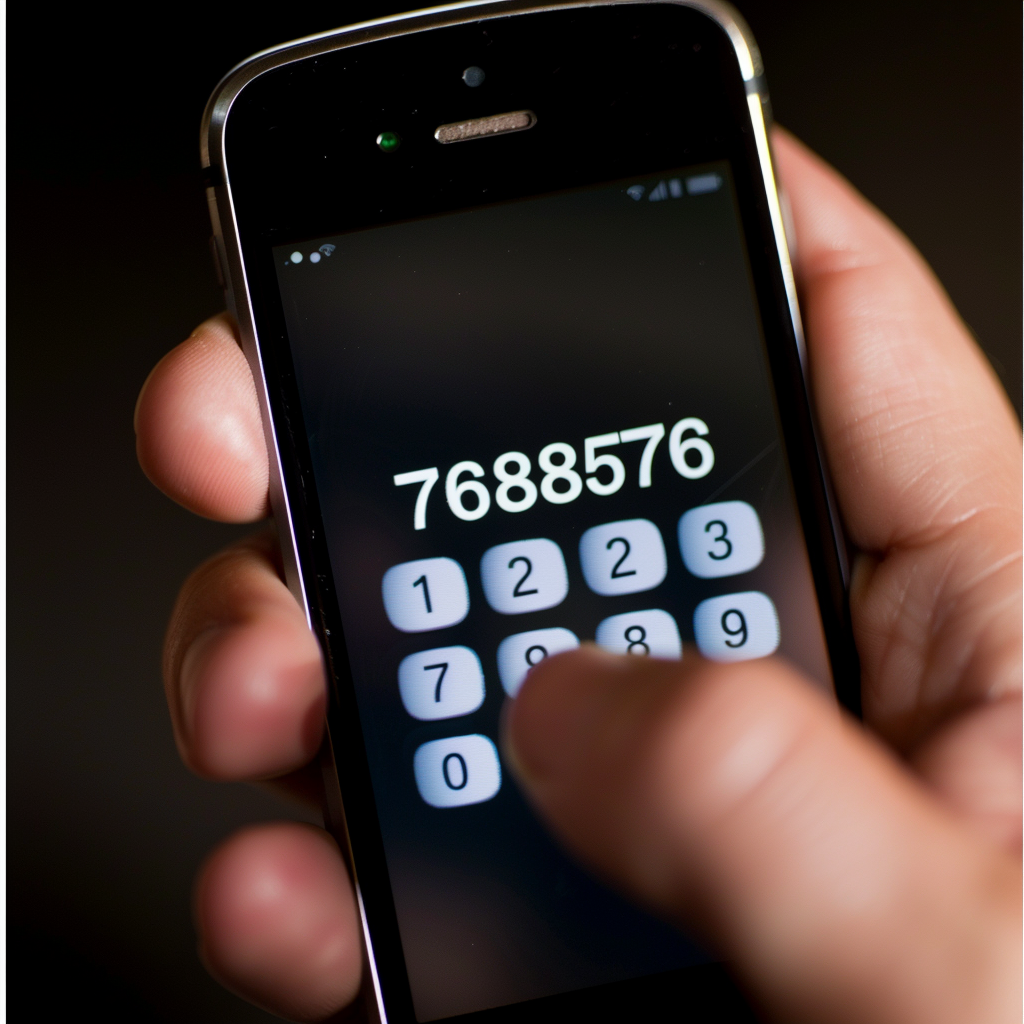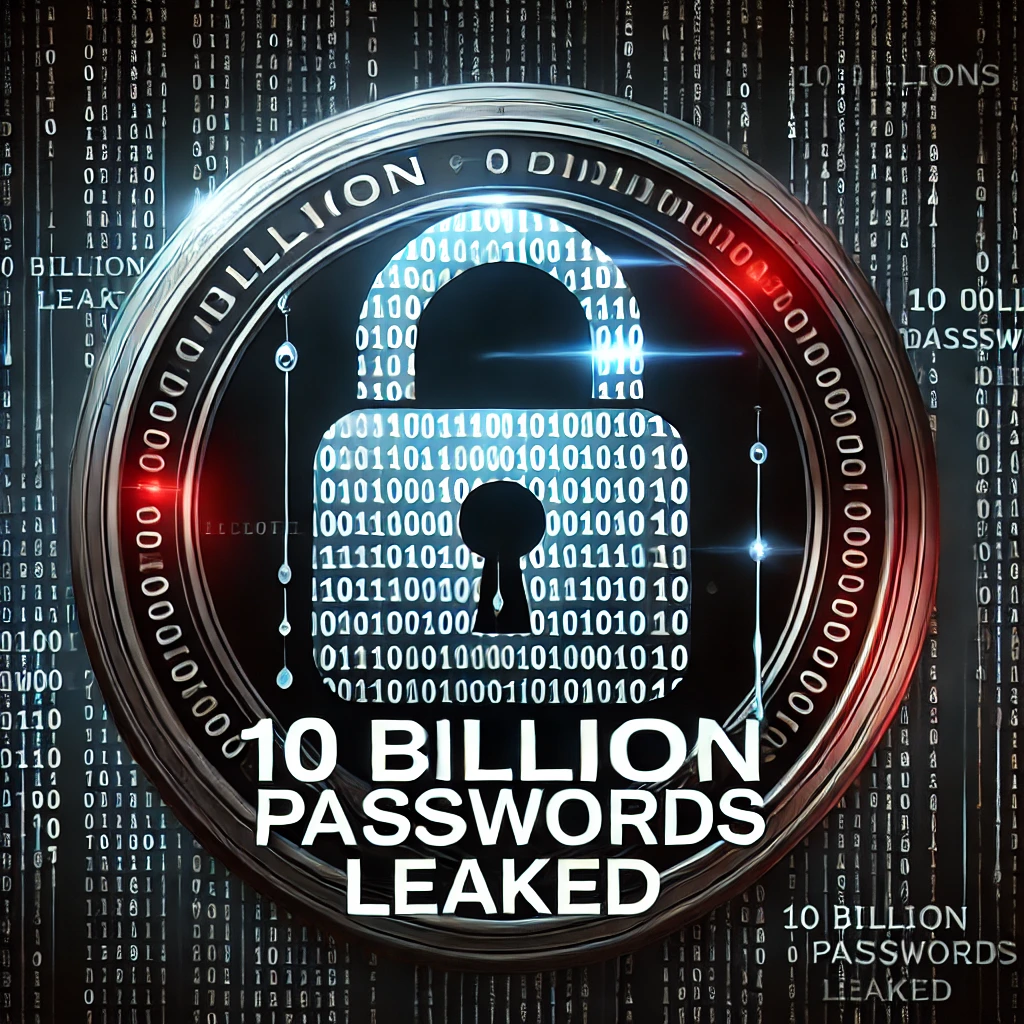A massive cybersecurity breach has exposed nearly 10 billion passwords on a hacker site, putting many people at risk. Researchers found this file, named RockYou2024, which includes 9.95 billion unique plaintext passwords from various data breaches over the past two decades.

This leak is particularly concerning because it combines passwords from thousands of databases, making it a significant threat for credential stuffing attacks. Credential stuffing is when hackers use stolen usernames and passwords to try and gain access to other accounts, which can be very damaging if passwords are reused across multiple sites.

The RockYou2024 file, uploaded by a hacker using the handle “ObamaCare,” significantly increases the risk of cyberattacks by compiling old and new passwords in one place. Hackers can use these passwords in combination with other stolen data to access various online services and platforms.

Experts stress the importance of not reusing passwords. Despite our best efforts to stay safe, our passwords can still be compromised due to breaches on the sites we use. Using unique passwords for each account and enabling two-factor authentication (2FA) can help mitigate these risks.

Two-factor authentication (2FA) is crucial because it adds an extra layer of security. Even if a hacker gets your password, they can’t access your account without the second factor, typically a code sent to your phone. This makes it much harder for cybercriminals to breach your accounts, as they would need both your password and your second authentication factor.

Experts are particularly concerned about seniors, who are more likely to use the same password across multiple platforms. This practice makes them more vulnerable to cybercriminals, who can exploit these common passwords to gain access to multiple accounts.

To protect yourself, it’s crucial to change your passwords immediately, especially for critical accounts like banking, email, and social media. Using a password manager can help generate and store strong, unique passwords for each account. Additionally, enabling 2FA wherever possible adds an extra layer of security.

This breach should serve as a wake-up call for everyone to review and improve their online security practices. By taking proactive steps, such as regularly updating passwords and educating those around us, we can reduce the risk of falling victim to such massive data leaks.

For further protection, tools like Leaked Password Checker and Have I Been Pwned can help you check if your passwords or email addresses have been compromised in any breaches. Being vigilant and proactive in your cybersecurity measures is essential in this digital age.





